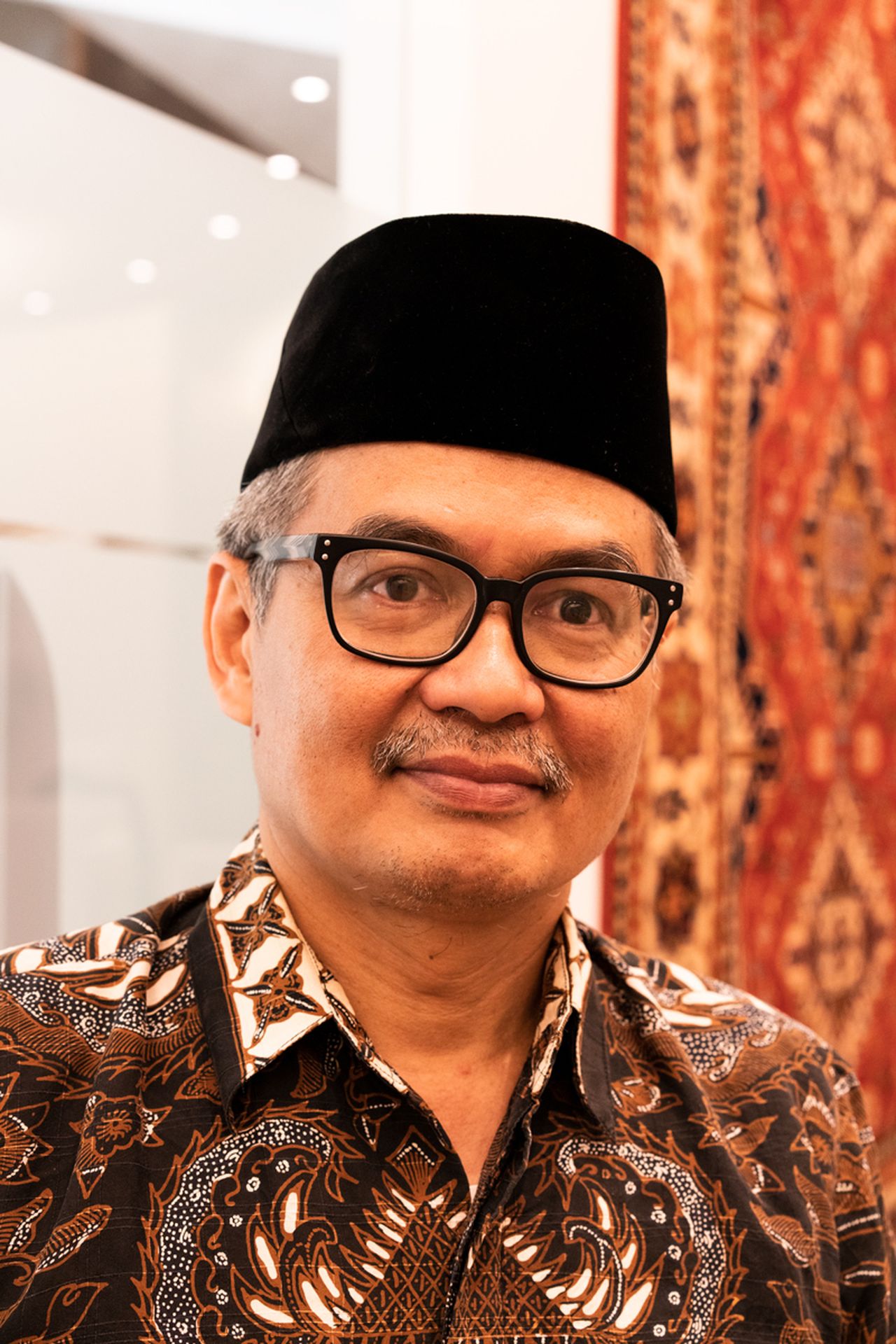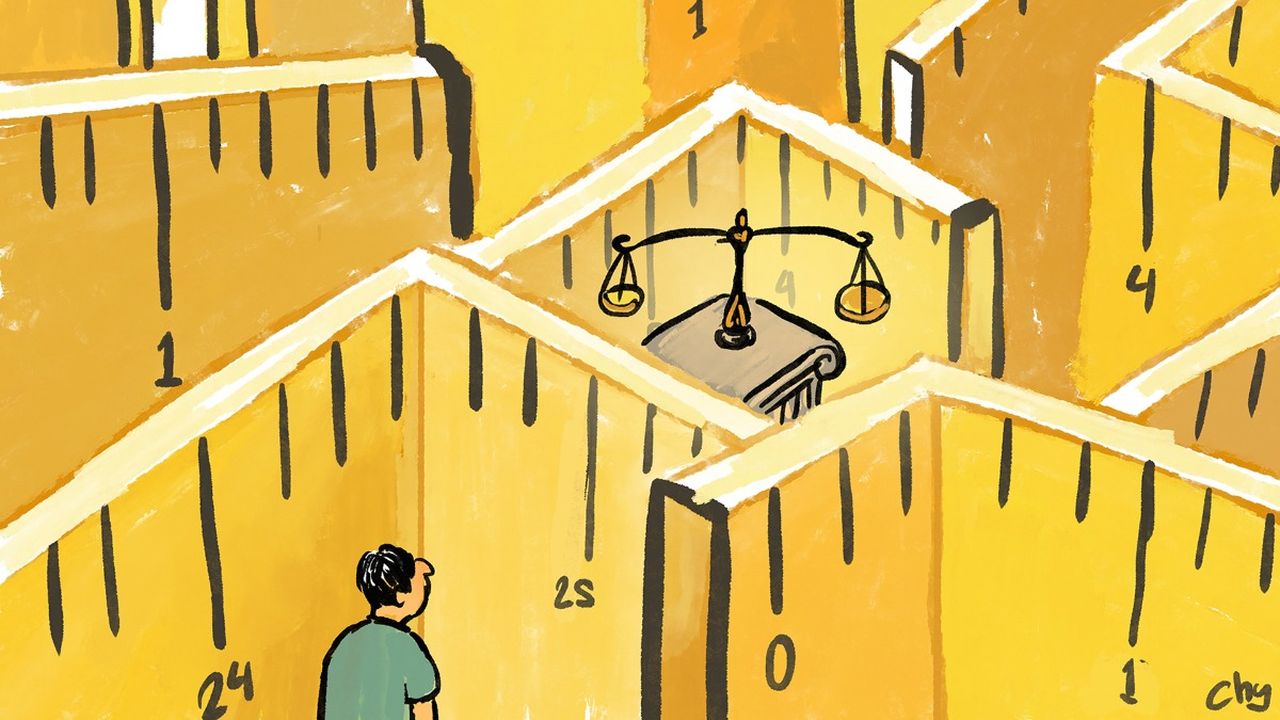The Struggle for Recognition of Customary Land Rights
By
NOER FAUZI RACHMAN

The legal recognition process of customary land rights is too complex in resolving land dispute arrangements and conflicts. Indigenous communities are at risk of getting caught up in the complexity of the legal recognition process that is far beyond their reach.
“Domein verklaring” is a colonial agrarian legal political doctrine based on the claim/declaration/statement that the state owns all land not attached to individual ownership rights.
Ward Berenschot, a Professor of Comparative Political Anthropology at the University of Amsterdam, wrote “150 Tahun Belenggu atas Hak Tanah” (Kompas, 20/7/2020), showing the negative impact of the domein verklaring on the welfare and quality of life of millions of Indonesians since 1870.
This article illustrates how “customary rights” are a counterpart concept to the domein verklaring, and the struggle for its recognition is part of a long, steep, and uphill battle.
Colonial Legal Contenders
I read Upik Djalins’ dissertation at Cornell University, titled Subjects, Law Making And Land Rights: Agrarian Regime and State Formation In Late-Colonial Netherlands East Indies, about the formation of the colonial agrarian regime of the Dutch East Indies from 1870-1939.
He used the lens of land confiscation facilitated by colonial legal rules, focusing on how elites of the colonized actively participated in the formation of the colonial agrarian regime. The formation of this agrarian regime was interactive between the colonial state power organ and the subjects of the colonized who had their own articulation methods and daily strategies.

Some of these subjects were native law experts and students of Cornelis van Vollenhoven (1874-1933), a professor of customary law at Leiden University, the Netherlands. He was known as a key figure in the adat rechtsschool in the Netherlands, mentoring 78 PhD students, including six Indonesians.
Despite their colonial identity, these native legal experts also embraced a national self-concept. After critically studying the workings of the colonial state, especially in land and labor control, they could articulate new post-colonial legal political ideas, from formulating philosophies, principles to tenurial schemes applied in the newly independent state.
One of these concepts was beschikkingsrecht, as a counterpart to the domein verklaring. At that time, Van Vollenhoven vehemently fought for the Dutch government and society to recognize how indigenous people lived under their own laws.
He strongly refuted the notion that applying Western law to indigenous people would enrich the civilization of those living “lawlessly.” He rejected the idea that indigenous people lived “lawlessly” and opposed all colonial administrative efforts to ignore the existence of customary laws. Furthermore, he promoted the recognition of the existence of indigenous legal communities, their customary laws, and their rights to territorial ownership, which he called beschikkingsrecht.
In his 1919 manuscript, Indonesiër en Zijn Grond (translated as Indonesians and Their Land, Insist Press 2020), van Volenhoven detailed the violations of rights and injustices experienced by indigenous communities through the systematic implementation of agrarian laws that curtailed the people’s ownership rights to their customary lands.
This created very serious legal uncertainties and stirred much resentment among the people. According to van Vollenhoven, the widespread land grabbing was justified through systematic misinterpretation of ownership rights to customary lands.
In the




0 Komentar
Tinggalkan Balasan